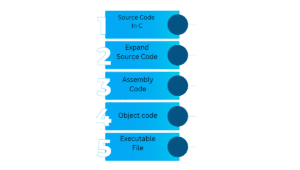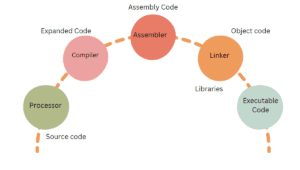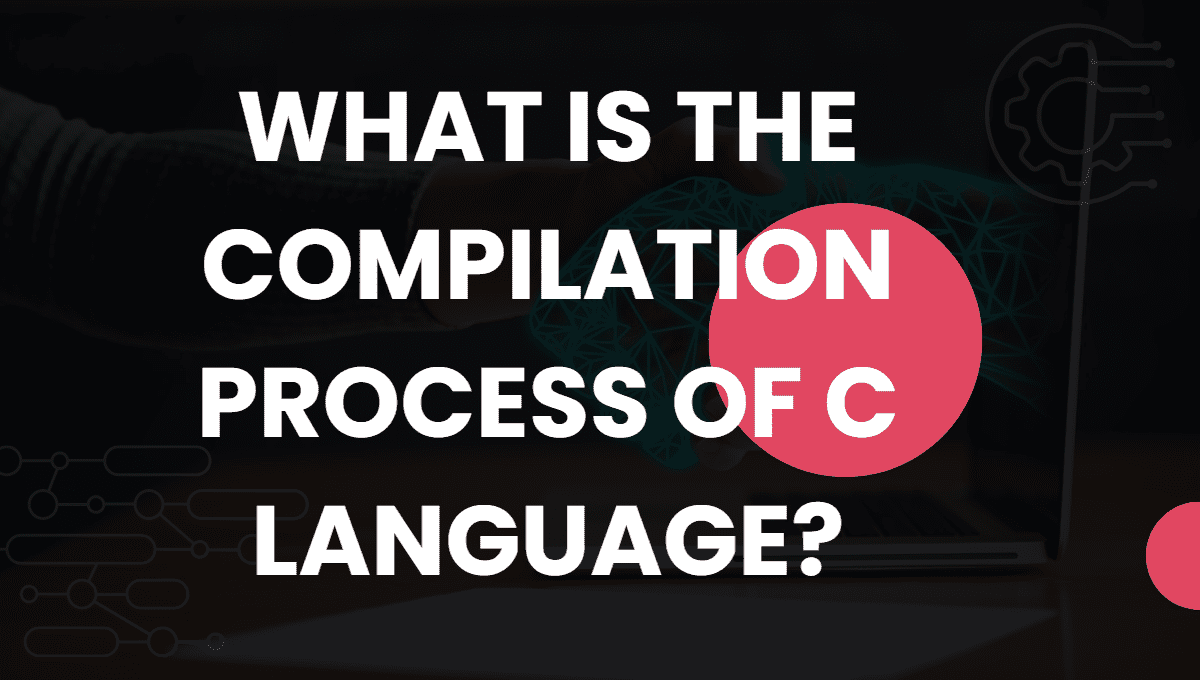Hello and thank you for reading this compilation article! You might have questioned how your code is converted from a high-level programming language to machine code that a computer can understand if you’ve ever written any code. The compilation procedure contains the solution. This article will examine the many processes in the compilation process and how they all come together to create an executable programme from your code. Writing effective and error-free code requires an understanding of the compilation process, regardless of your level of programming experience. So let’s investigate this intriguing subject right away!
What is a compilation?
The conversion of a high-level programming language into a low-level language that a computer can understand is known as compilation. Computers can only interpret binary code, which is made up of 0s and 1s, hence this procedure is required. Programmers create their code in high-level programming languages like C++, Java, or Python because writing programmes in binary code is impractical. This high-level code is converted into executable files that can be run on a computer through a series of steps in the compilation process.
The compilation is a process of converting source code into object code. It is done with the help of a compiler. The compiler checks the source code for any syntactical or structural errors, and if the source code is error-free then it generates the object code.

Execution flow of C program
#include<stdio.h> void main()
{
printf(“Hello“);
}
#inclue: It is a pre-processor directive.
<stdio.h>: It is a header file and it is the pre-define function that we use in our program.
void main(): void is the return type and main() is the function.
The following are the phases through which our program passes before being transformed into an executable form:

Processor :
The source code is the code that is written in a text editor and the source code file is given in an extension “c”.
This source code is first passed to the processor, and then the processor expands this code.
After expanding the code, the expanded code is passed to the compiler. It includes all header files and it removes the comments. It replaces the
Compiler:
The compiler which is expanded by the processor is passed through to the compiler. The compiler converts this code into assembly code.
Or we can say that the C compiler converts the pre-processed code into assembly code.
Assembler:
The assembly code is converted into object code by using an assembler.
The name of the object file generated by the assembler is the same as the source file. The extension of the object file in DOS is ‘.obj’ and in UNIX, the extension is ‘o’.
If the name of the source file is ‘hello.c’, then the name of the object would be ‘hello.obj’.
Linker:
The work of the linker is to compile the object code of the library file with the object code of our program.
The output of the linker is the executable file.
It converts the object code into executable code hello.exe Linker is responsible for linking with the libraries.
The linker combines the object code of our program. Linker adds OS file and generates executable file.
In conclusion, the compilation process is an essential stage in the creation of software because it converts high-level programming code into executable machine code. Preprocessing, parsing, semantic analysis, code creation, optimisation, and linking are just a few of the processes that are involved. Each of these steps is essential for ensuring that the compiled code is effective, error-free, and platform-optimized. Developers may design better code and optimise their applications for maximum performance by being aware of the compilation process. We trust that this article has given you a thorough introduction to the compilation process and its significance in software development.
